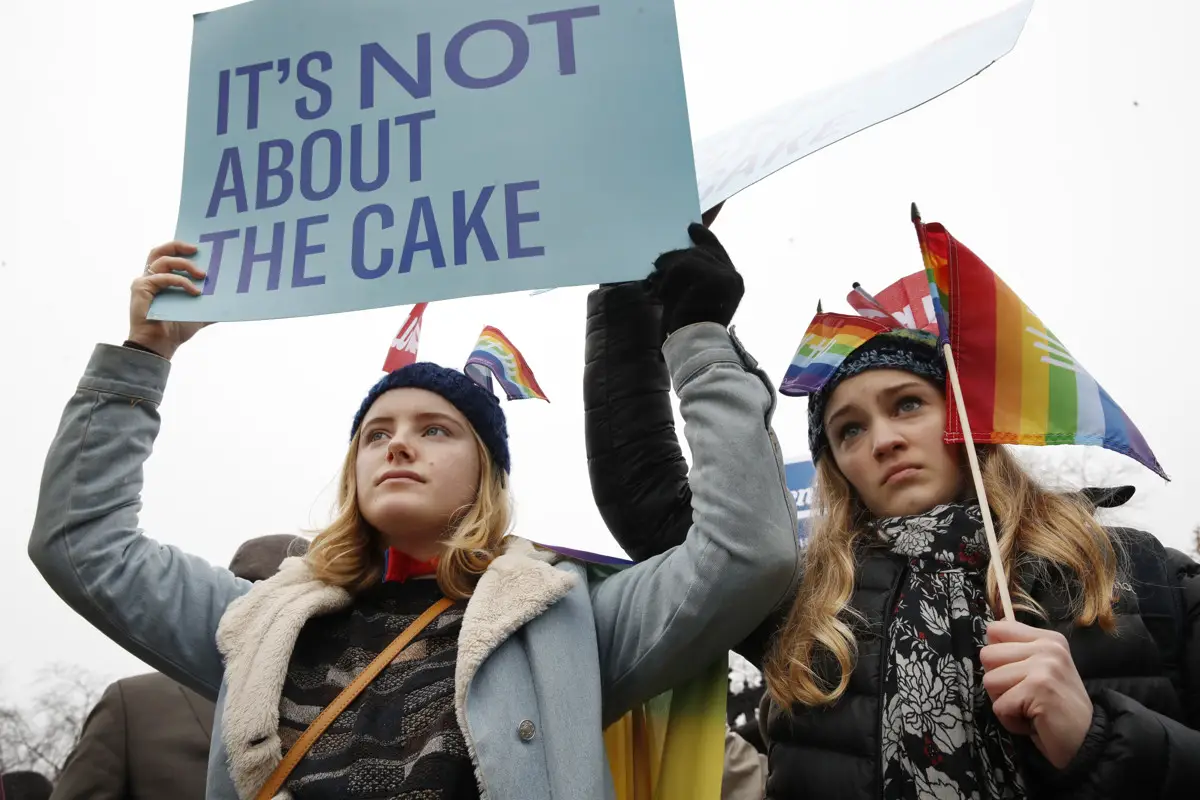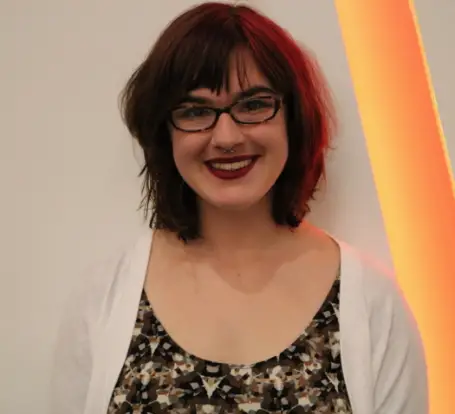On June 4, the U.S. Supreme Court issued its ruling in “Masterpiece Cakeshop v. Colorado Civil Rights Commission,” a case which, taken at face value, was supposed to consider the scope of religious liberty protections associated with public accommodations for same-sex couples.
Instead, the Supreme Court chose to disregard the large-scale questions, favoring a narrow scope which elicits more questions than answers.
In 2012, David Mullins and Charlie Craig, an engaged same-sex couple, visited the Masterpiece Cakeshop in Lakewood, Colorado, to purchase a wedding cake for their upcoming ceremony. However, the owner of the cake shop, Jack Phillips, told Mullins and Craig that he would not sell a wedding cake to a same-sex couple, citing his Christian religious beliefs.
Phillips argued baking cakes for same-sex weddings would be akin to expressing his support for said weddings, which would violate his religious beliefs; therefore, having to bake said cakes would violate his freedoms of speech and religion.
Mullins and Craig filed a lawsuit, claiming Phillips and the Masterpiece Cakeshop had violated Colorado’s anti-discrimination statutes, which prevent public accommodations from refusing service to individuals based on certain characteristics, including sexual orientation.
The Colorado Civil Rights Commission, which originally heard the case, ruled in favor of Mullins and Craig, determining Masterpiece Cakeshop had been in violation of Colorado law. Providing cakes for same-sex weddings was not, as argued, in violation of Phillips’s freedom of speech.
The Colorado Court of Appeals affirmed the commission’s findings, and the Colorado Supreme Court denied review. Phillips appealed to the U.S. Supreme Court, who agreed to hear the case in June 2017.
In the Supreme Court’s oral arguments, much of the discussion centered around how to appropriately balance religious objections to same-sex relationships with LGBTQ+ individuals’ rights to receive equal access to public accommodations.
However, in the Supreme Court’s actual decision, the Court chose instead to focus on a much more particular concern which arose from certain comments made by members of the Colorado Civil Rights Commission when the case was initially being decided.
Writing the majority ruling, Justice Anthony Kennedy discussed the explicit opposition the commission expressed toward Phillips’s religious beliefs, which the Supreme Court determined violated Colorado’s responsibility to remain neutral toward religious beliefs.
The Supreme Court decided to barely touch on the case’s major constitutional questions, instead stating more cases would be needed to establish a solid precedent.
“The outcome of cases like this in other circumstances must await further elaboration in the courts all in the context of recognizing that these disputes must be resolved with tolerance, without undue respect to sincerely held religious beliefs and without subjecting gay persons to indignities when they seek goods and services in an open market,” Justice Kennedy wrote.
Although the Supreme Court possessed the opportunity to broaden the scope of public protections for same-sex couples and LGBTQ+ Americans, it failed to do so. Instead, the Supreme Court’s decision continues to leave same-sex couples’ rights to public services up in the air.

















